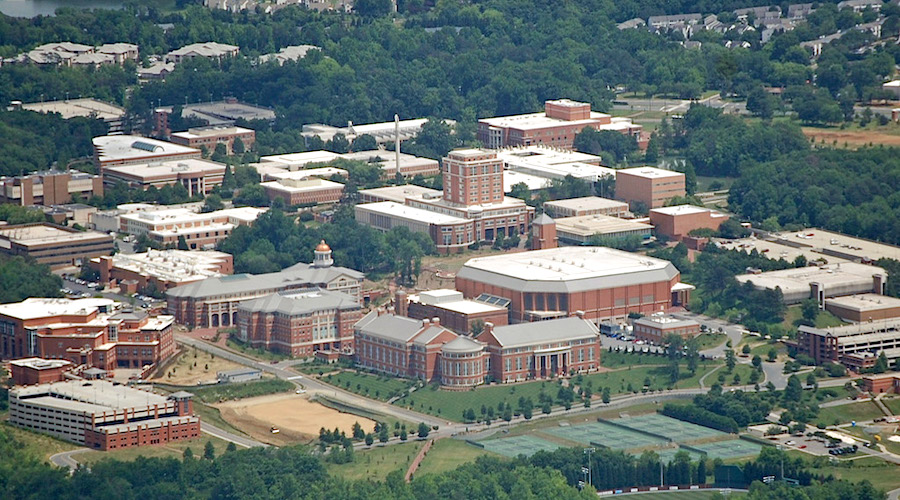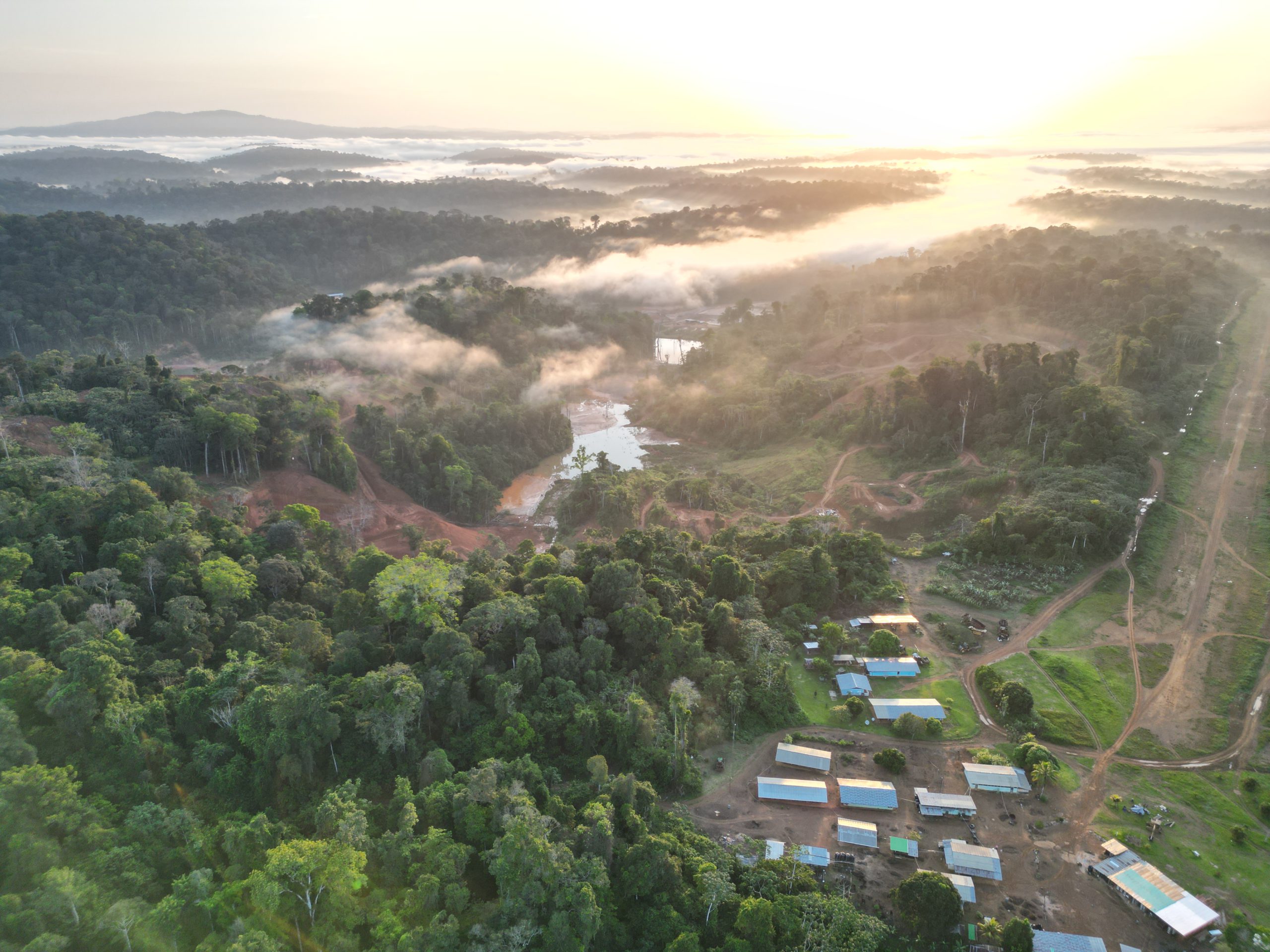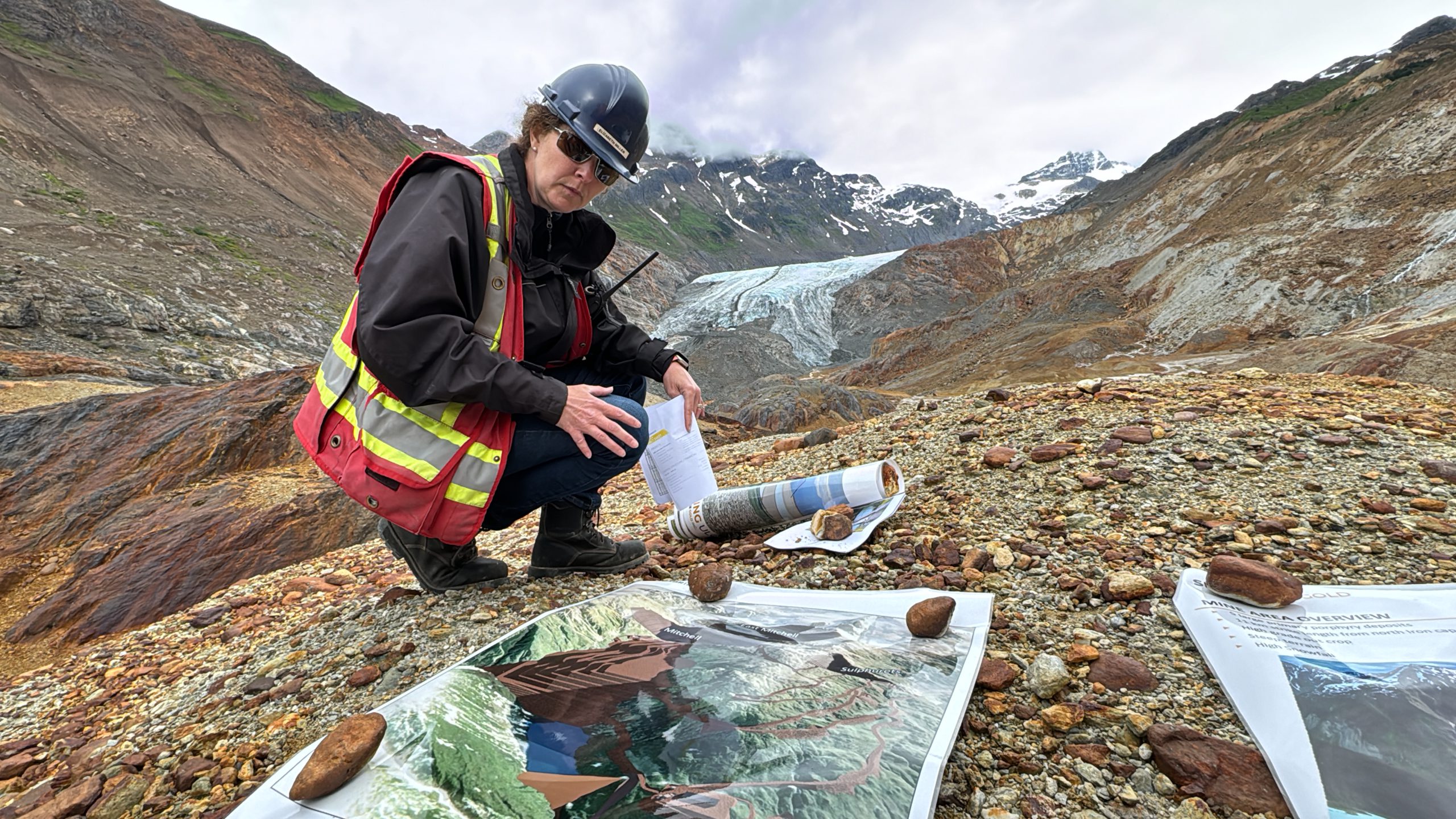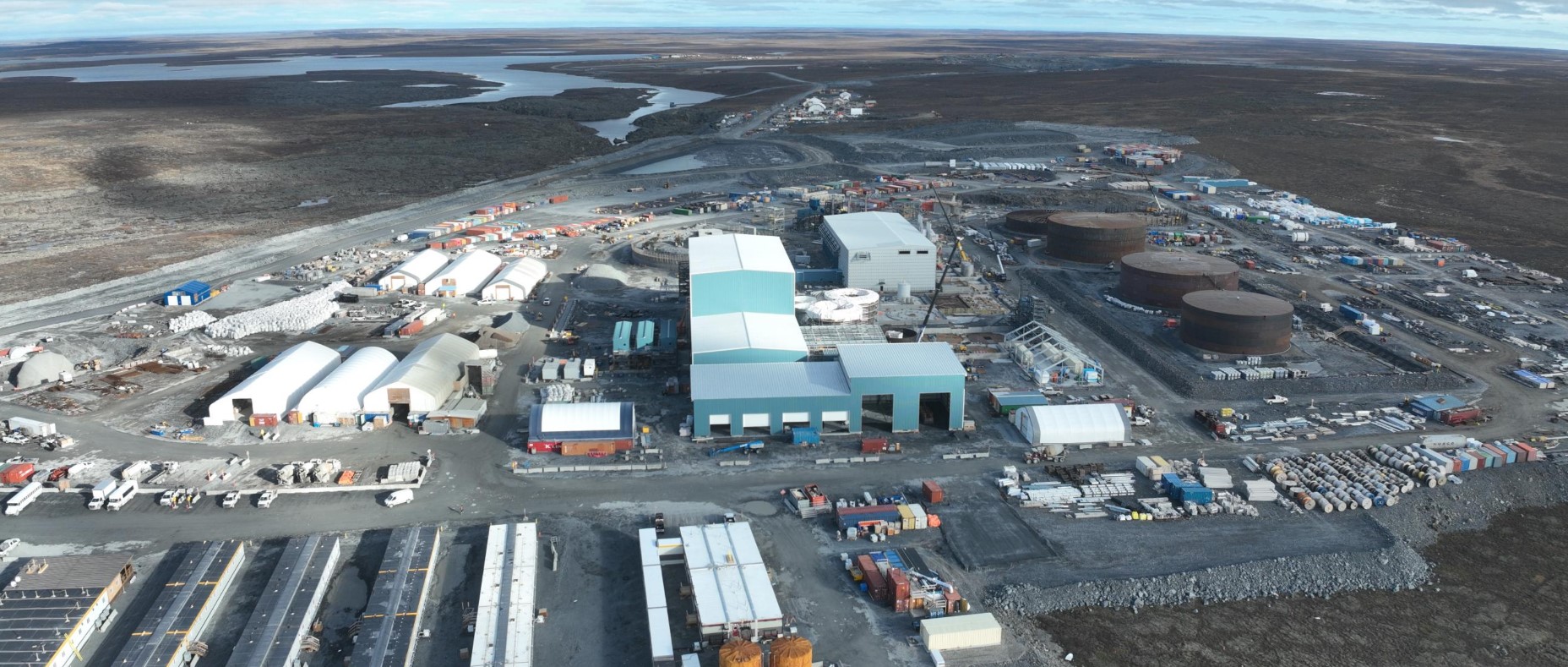“Albemarle Technology Park is part of our mine-to-market innovation strategy to invest in the US EV battery supply chain and to be a leader in advanced lithium materials for next-generation energy storage,” chief executive officer, Kent Masters, said in the statement.
The company noted it had received a nearly $13-million incentive package from the State of North Carolina to build the research centre by transforming a former IBM and Flextronics facility.
The lithium giant anticipates creating at least 200 jobs at the site, with an average salary of $94,000 per year. It also untends to triple the number of Ph.D. professionals in the Albemarle Technology Park (ATP.
The facility is part of Albemarle’s emerging strategy to lead the booming US lithium sector, from mine development to processing to manufacturing types of the metal used to make the batteries that power electric vehicles (EVs).
The company expects initial occupancy of the new facility by early 2025 and completion of the ATP campus by late 2026.
Albemarle has been working this year on opening new facilities to process mined lithium into the chemicals needed for batteries and it’s on track to more than double conversion capacity from last year.
While Australia and Chile account for the majority of mined lithium supply, China has more than half of all refining capacity.
Governments including the US and Canada‘s, are trying to boost local capacity to stop China’s processing and manufacturing dominance. Still, it costs twice as much to build refining capacity in Australia and North America than it does in China.




